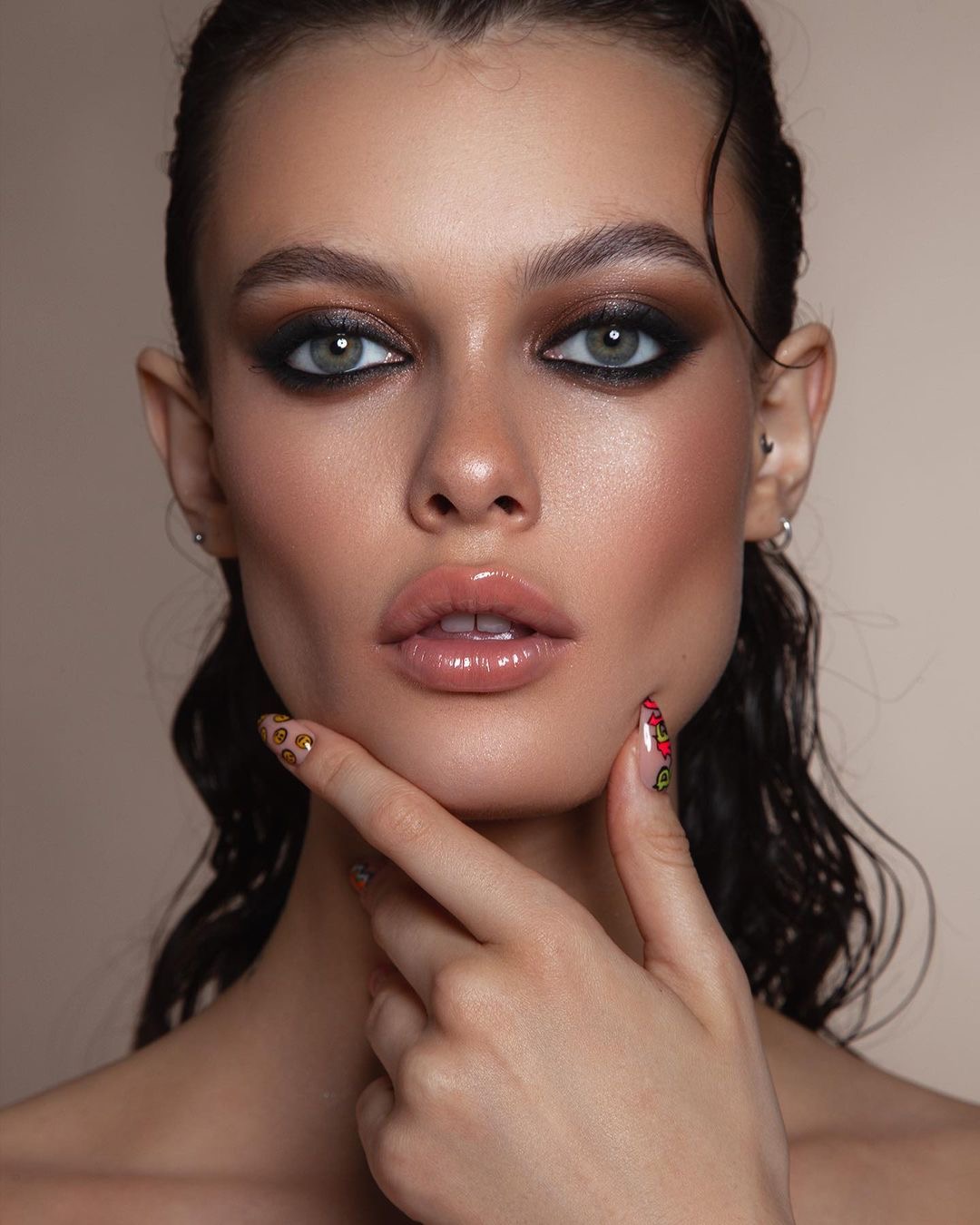Oily hair occurs simply because the oil producing glands in your scalp that are there to keep your hair moisturized and soft (and to help them grow) work harder than those of other people. You may be contributing by stimulating oil production (diet, stress, wrong hair product, medication etc) but it can also simply be how your oil glands naturally work. To look after your oily hair, to reduce that greasy look and to have beautiful silky hair, here’s what you can do:
Reader Poll
Thanks for sharing your thoughts.
Want more like this? Subscribe for personalized picks.
Successfully subscribed.
Check your inbox for personalized content.
1. How Often do You Wash Your Hair?
You’ll hear lots of advice about whether you should wash every day or not, whatever your hair type. As everyone is individual, only you can work out what is right for you. See what your second day hair is like. Once you know how bad it is you can make decisions. If you need to stick to washing every day, switch to a very mild shampoo – even baby shampoo.
2. When do You Wash Your Hair?
You might never have considered this as being an aspect of oily hair but it’s pretty obvious when you think about it. If you wash your hair before bedtime, it has all night for the oil to build up. Come the morning it already has the advantage. The answer – shower in the morning.
3. Use a Dry Shampoo on No Wash Days
If you are concerned about what every day washing is doing to the health of your hair, try a dry shampoo on no-wash day. There are some seriously good brands of dry shampoo around and they really can make a difference. You might also consider just “water shampooing” on no wash days. Simply rinse with clear warm water and finish with a cold rinse for a shine – no shampoo, no conditioner.
4. Do Not over-condition
Don’t be fooled that using a conditioner especially formulated for oily hair will cure all your problems if you use more of it. If you’ve got healthy oil glands, you do not needs as much conditioner on the roots as you might imagine. Concentrate your conditioner on your strands – your oily scalp will take care of the roots.
Embrace your individuality and transform your look by trying out a unique shade. Did you know that green hair is associated with nature, creativity, and growth? So go ahead, experiment with this bold hair color to represent a new phase in your life, waiting to blossom like a fresh spring leaf.
5. Look at Your Brushing Routine
When you have oily hair you have to train yourself to not be tempted into brushing your hair or touching it too often. Firstly, touching your hair can transfer any oils and dirt. And secondly, brushing can stimulate the scalp and therefore promote oil production. Find a low maintenance hairstyle you love.
6. How Much Product do You Use?
Walk down the hair aisle and there’s such an exciting array of goodies. It’s hard to walk away without a cartful but you have to resist. Buy good products formulated for oily hair and apply with moderation. Overloading on product adds more weight to your hair and their ingredients may stimulate oil production. Remember, a little product can go a long way.
7. Have You Tried Natural Remedies?
Some people swear by using products from your kitchen to deal with oily hair. Having looked I found the two most commonly recommended solutions. One is to rinse with beer and then rinse with cool water. The second is to make a rinse of apple cider vinegar and lemon juice – both which will cut through the oil.
As I said earlier, no one knows your hair like you so it’s going to be a case of trial and error to find what works best. If you’ve found a solution that works for you please share – it might work for someone else too.
Reader Poll
Thanks for sharing your thoughts.
Want more like this? Subscribe for personalized picks.
Successfully subscribed.
Check your inbox for personalized content.
Don't Miss the Latest Version
Get the latest stories, save favorites, and share with friends — all in one place.
Create your profile. Earn badges. Level up your reading.
Join Allwomenstalk to track your streaks, collect badges, and earn XP for the things you already do—reading, sharing, and taking quizzes.
- 🔥Daily streaks with gentle boosts for 3, 7, and 30 days.
- 🏅Collect badges like Reader I–III, Socialite, and Quiz Ace.
- ⚡️Earn XP for reads, deep reads, likes, comments, and shares.
It’s free. Takes 30 seconds. Already have an account? Sign in.




Feedback Junction
Where Thoughts and Opinions Converge
2015-08-18T03:18:34.835Z
2015-08-18T15:29:03.037Z
2015-08-18T15:43:16.201Z
2015-08-18T13:40:45.399Z
2015-08-19T21:35:01.185Z